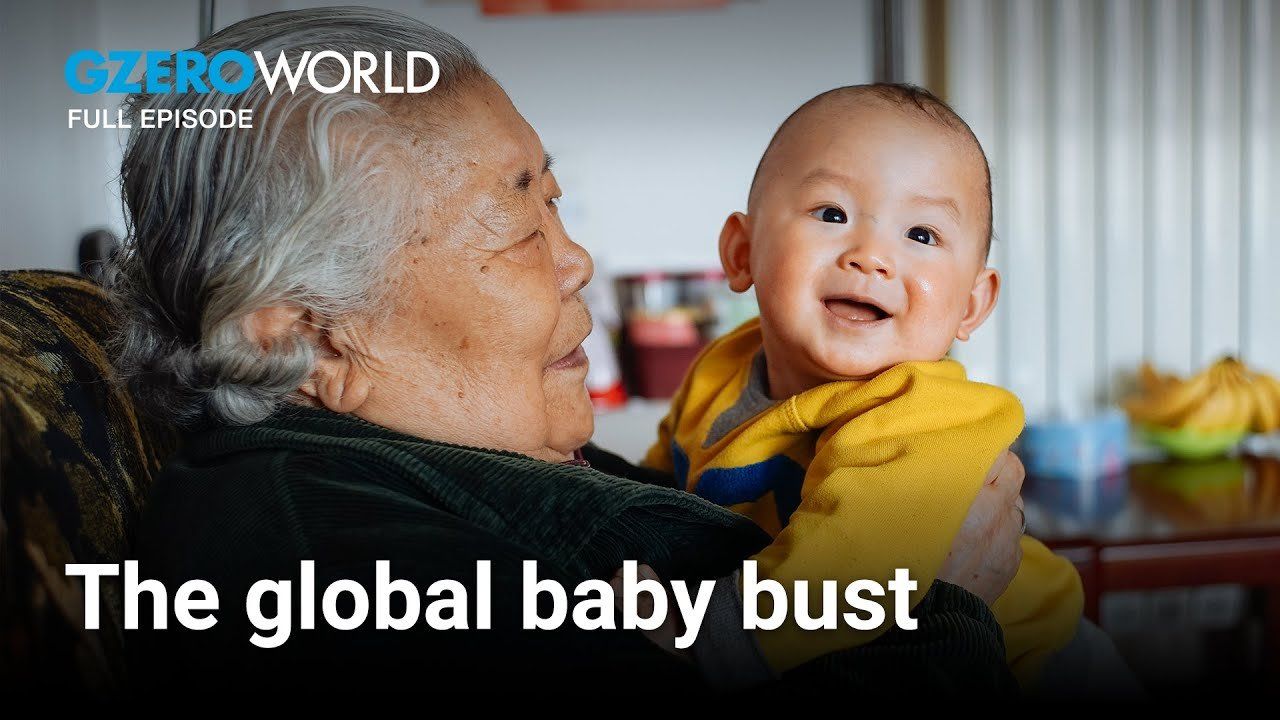What We're Watching
Explanations for the Assange arrest – Why did Ecuador's government allow UK police to arrest Wikileaks founder Julian Assange on Thursday after providing him asylum in its London embassy for nearly seven years? Was it pressure from the US government, which wants to imprison him for revealing its secrets? Assange's ongoing political activities? His "discourteous and aggressive behavior" toward embassy staff? Threats by Wikileaks against Ecuador? Or did Assange fail to follow embassy rules that he must pay his own medical bills and clean up after his cat? (Those were actual rules.) It probably wasn't the cat, but your Signal authors can smell that litter box from across the Atlantic.
South African violence against migrants – Election season can be a dangerous time. Migrants from other African countries have again become the target of deadly vigilante attacks by South Africans in recent weeks. Guest workers from Malawi, Somalia, DR Congo, Mozambique, Nigeria, and Zimbabwe have all been victimized. Upcoming elections may be feeding the violence as politicians from multiple parties publicly blame African foreigners for many of South Africa's economic, security, and social problems.
The Swiss troll the Brits – For the first time in modern Switzerland's history, a court has overruled the result of a nationwide referendum. In 2016, Swiss voters were asked whether partners who live together should pay tax at the same rate as married couples. By a margin of 50.8 percent to 49.2 percent, voters said no. This week, Switzerland's Supreme Court voided that result on the grounds that the information provided to voters before the referendum was "incomplete." Said the court: "Keeping in mind the close result and the severe nature of the irregularities, it is possible that the outcome of the ballot could have been different." The vote will be re-run. We're watching this story to see the expressions on the faces of Britons when they hear about it.
What We're Ignoring
Cuban Protesters – Hundreds of Cubans marched through Havana this week to protest cruelty to animals. Organizers of the demonstration say it's the first independent march ever authorized by Cuba's Communist government. Your Signal authors love animals, including Julian Assange's cat, but we'll ignore this story until the Cuban state approves a march to protest cruelty to people who disagree with their government.
Polling on Democratic presidential candidates – The men and women running for president, those who've made it official and those who haven't, are already working hard to raise money and their public profiles. But these are early days. First votes in primaries and caucuses won't be cast for nearly 10 months, and we're still 11 weeks away from the first Democratic presidential debates (June 26-27). Current polls tell us little more than that voters are familiar with Joe Biden and Bernie Sanders, while the rest of the (ever-expanding) field is relatively unknown.